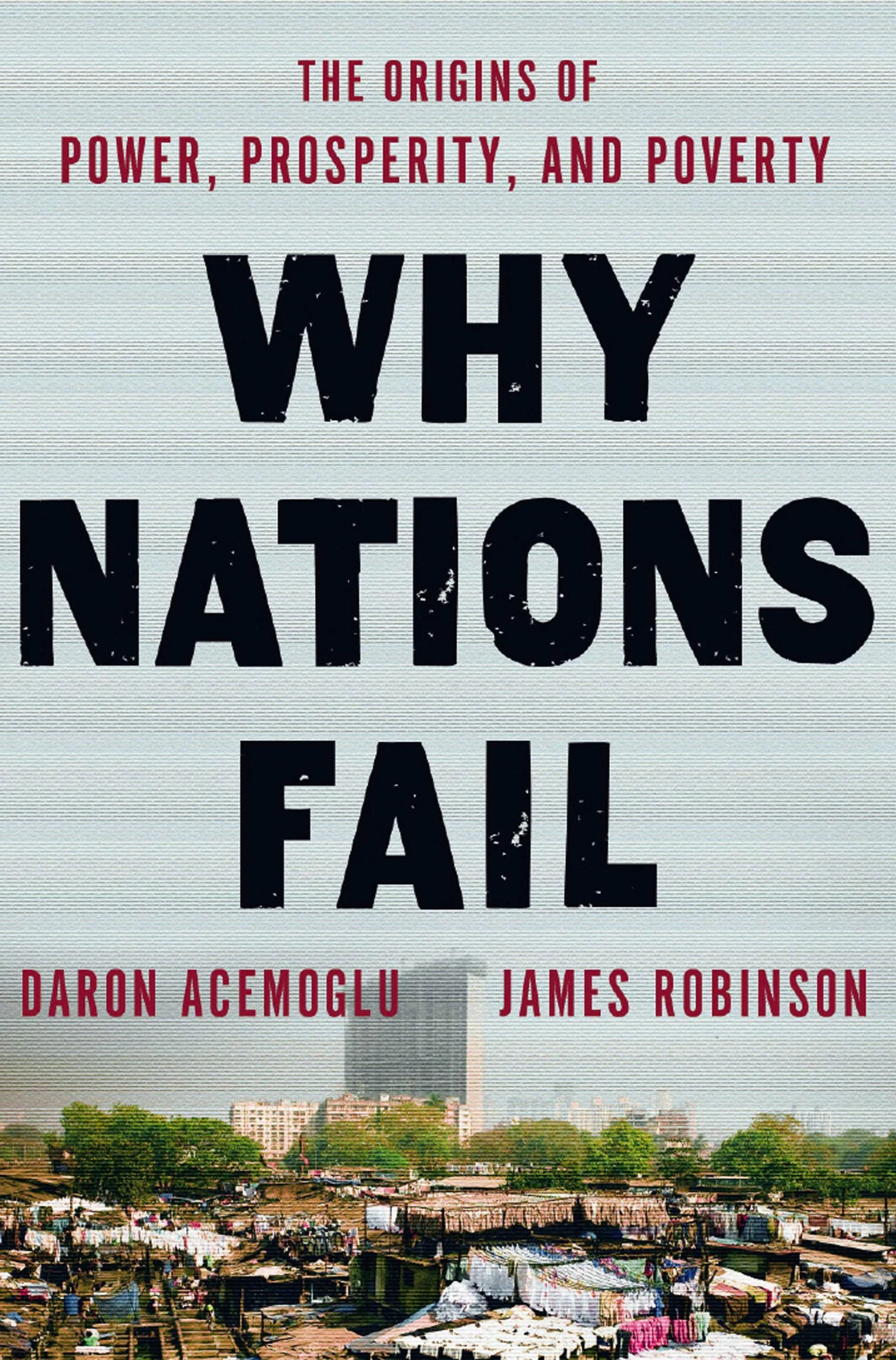A Fading Light: the Extractive Elites
Winter.The institutional crisis that afflicts Spain has its origins in scarcely exemplary ‘extractive elites,’ as they are called in a recent book by Acemoglu and Robinson.

The autumn of the West could be dusk or dawn. The depth of the crisis has bred an atmosphere of melancholic resignation, but the resulting austerity bears a promise of emotional rebirth. With everyone now an expert in the ‘dismal science,’ economic issues take up conversations and anxieties, absorbing all other dimensions of existence. Beyond these battles of giants, however, life goes on, lazy and stubborn, glazed with small habits that outlive the great quakes of finance and politics, two spheres that have crossed paths as few times in history. This collusion of interests has brought about the degradation of elites and the despair of citizens, a slow leprosy corroding the social body, defenseless against the tremors of history and captive to a fever of indignation that bursts now and then in public squares or in front of financial centers.
Nevertheless, our principal problem is no longer the economy, but our institutions. An unemployment rate exceeding 50% is truly dramatic, but even the most painful features of the economic crisis would be tolerable in a context of confidence in the institutions whose responsibility it is to promote policies of recovery and guarantee a fair distribution of the necessary sacrifices. The discredit and erosion of the legitimacy of our institutions, sequestered by elites that make proprietary use of them, has become an essential element of the Spanish crisis, a ‘state of malaise’ which is afflicting with varying intensity many other countries.
In Spain, the philosopher Javier Gomá has convincingly defended exemplary elites as being essential to any project of national regeneration, but the controversy sparked by the publication in 2012 of Why Nations Fail – a work by Daron Acemoglu and James Robinson that finds in institutions the key to nations’ success or failure – has popularized the term ‘extractive elites’ and reminded us that elites can only be exemplary when the institutional environment forces them to be so. Avoiding mathematical formulations, the book by the MIT economist and the Harvard political scientist puts in simple language the academic articles they previously wrote with Simon Johnson, now expanded with formidable geographic and historical ambition to explain ‘the origins of power, prosperity, and poverty’. In the larger framework of development studies, their conclusions about the close links between political and economic institutions throw light on the processes that hinder social progress in Third World countries or regions, but also on dysfunctional elites in affluent societies.

The installation by Jorge Galindo and Santiago Sierra ‘Those in Charge,’ or the Occupy Wall Street movement, with its motto ‘We are the 99%,’ showed in Madrid and New York the growing gap between the elites and the people.
Launched with overwhelming support from colleagues – no fewer than six Nobel laureates in Economics write laudatory notes in the first edition, and one of them, George Akerlof, even reckons that in two centuries it will be read the way The Wealth of Nations is today –, the work of Acemoglu and Robinson has also had major detractors, who criticize its almost exclusive attention to institutions and its inability to explain the economic success of non-democratic countries like China, where the absence of pluralistic or ‘inclusive’ institutions ought to make sustained growth impossible (in fact the authors skirt this inconsistency of their conceptual framework by predicting the collapse of the Asian giant). But even those who have made more detailed and critical reviews, such as Francis Fukuyama in The American Interest or Jared Diamond in The New York Review of Books (the latter precisely wrote Guns, Germs, and Steel, with whose geographic determinism the book polemicizes), have written blurbs that acknowledge the importance of Why Nations Fail, and also admit the plausibility of its basic thesis: political institutions condition economic development.
Acemoglu and Robinson explain forcefully how the so-called ‘extractive elites’ (using a term coming from their previous articles on the Potosí mines or Caribbean plantations, where silver and sugar were extracted through the exploitation of slaves, but whose clearly negative connotations have quickly made it popular) do not maintain socially dysfunctional institutions out of incompetence or ignorance, but for the sole reason that it is a guarantee of profits for the minorities that hold political power and for their client base. This part of the book’s analysis is instantly applicable to the contemporary Spanish scene, where the corruption of elites, the growth of inequality, and the social trauma of unemployment raise serious doubts about the current mechanisms of democratic representation, a potentially catastrophic process if we fail to carry out profound institutional reforms. Nowadays events and people seem to move with parsimony under a fading light. But this taciturn twilight could also be a dawn of personal and collective rebirth, if we only knew how to peel off the dead skin of an outdated world.






